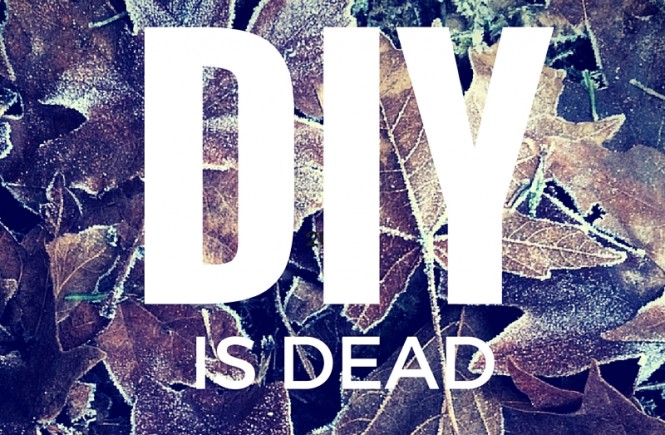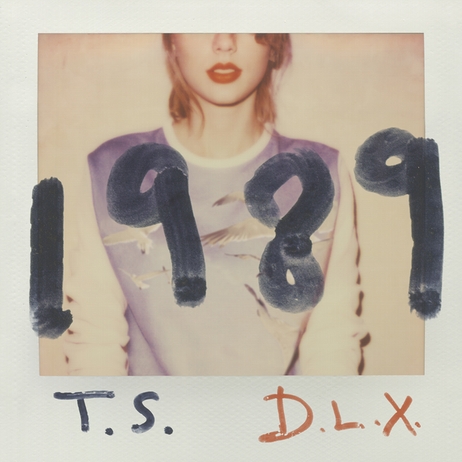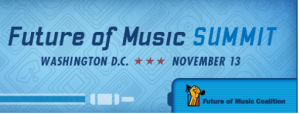“How do musicians move from the investment stage to the revenue generation stage of their music careers in 2016?” is the question I hear most often lately. In other words, “When can I stop spending so much money on my music career and start making money from my music career?”
Identifying the sources of real music income with high margins is becoming an even more urgent issue this year as technology has enabled the production of more and more music and digital distribution has driven the consumer price for recorded music to zero. Everyone knows you don’t make a living on streaming, downloads are down, and pressing CDs is a cost of promotion. Vinyl is unlikely to fill the revenue gap for most.
The good news is that more free information on how to be a “musicpreneur” is available online than ever before, and paperback books on the subject of DIY musicianship abound.
“Easier said than done” has gained a new and profound meaning, however.
Maybe you are reaching year 10 of your 10 year music career. Maybe your subsidizing parents, grandparents, spouses, small labels, 401K accounts, and core fan bases are getting a little fatigued, too.
I think 2016 is the year many musicians are asking themselves:
- What is the single silver bullet [platform, technology, program, technique, skill set, niche, tribe, cause, creative project] that will separate me from the crowd and elevate the visibility of my music in 2016?
- How do I continue to cobble together a living financially?
- How on earth can I get it all done myself in a 24 hour day: be a social media maven, blog every day, design perfectly branded website and merchandise, update my ReverbNation page, and still have time to write, perform, record and produce music – and also eat and sleep? Unless you can hire the likes of the Santa Cruz web design team, there will be no sleep for you.
To help answer these questions, here are seven things I believe indie musicians should focus on in 2016 for success. [Credit goes to Kara Kharmah of Engage Your Fanbase for this click-bait post title. I spoke with Kara on Blab recently about music marketing, generating revenue for musicians, and some of the content of this post. You can watch the replay here]:







